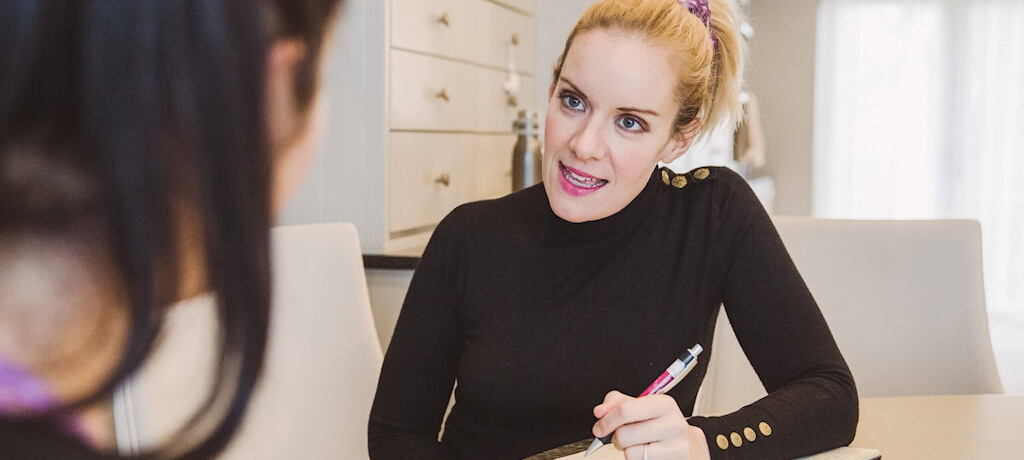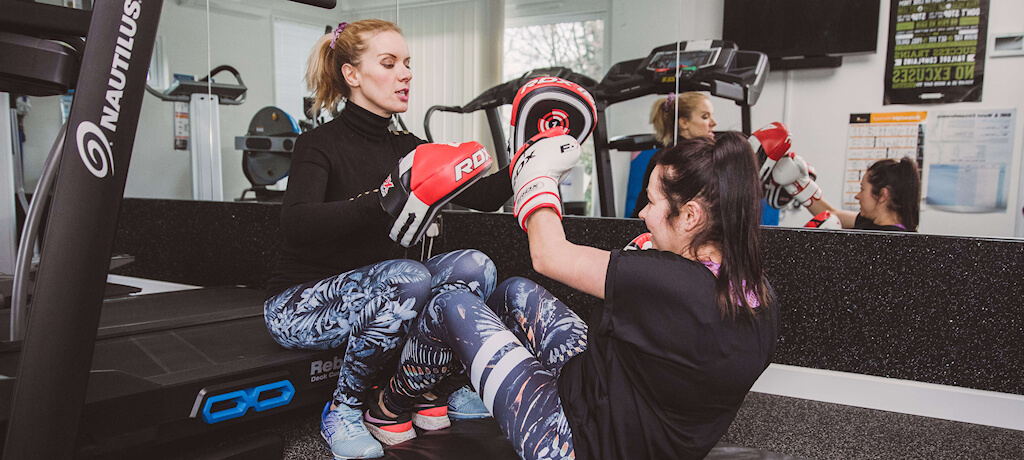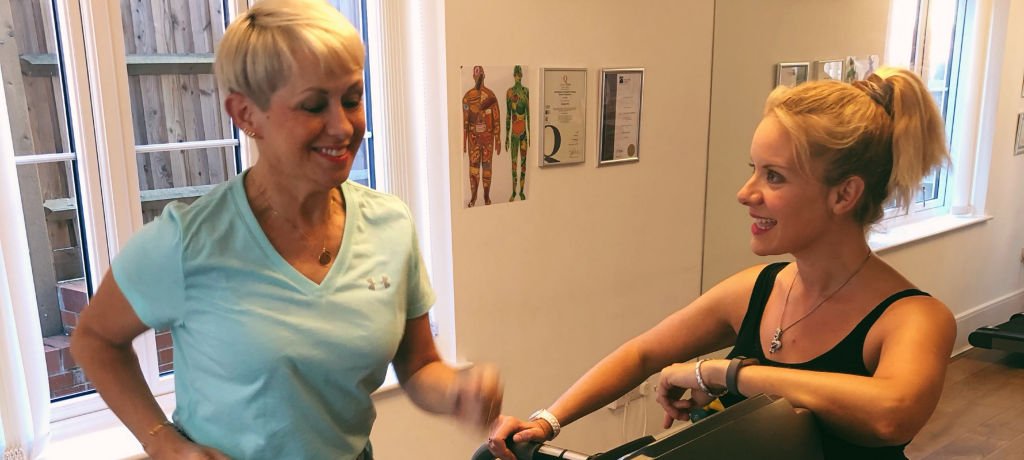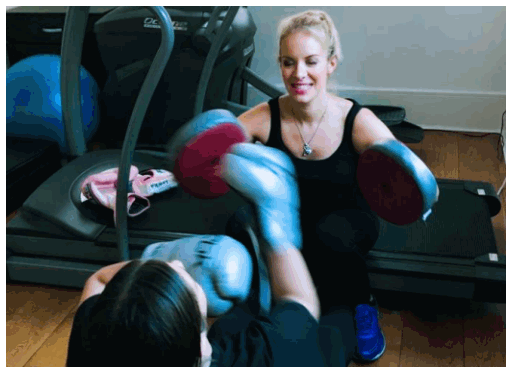Overcoming barriers to exercise
Although there are already many gyms in all major cities and
in many towns and villages, physical
activity levels in England are
still low and many people
hold negative views about
exercise. Work reasons,
lost interest and time to do
other things are the main
factors that stop people
from regular participation in
moderate to vigorous sport
or physical activity. So what
gets people moving?
The key to getting
yourself to exercise is to
find ways to motivate
yourself enough to sustain
the change. Major
motivational factors for taking exercise are: to feel in good shape physically, to
improve or maintain health,
to feel a sense of
achievement and to go outdoors.
Overcoming barriers to exercise:
- Complexity of exercise
movements. Keep the
movements simple and gradually
build up the skills to increase your
confidence. - Speed of exercise
movements. Avoid quick and
uncontrolled movements, which
could increase the risk of injury
and trauma to the joints and
surrounding tissues. Exercise at a
preferred or comfortable pace. - Graduated progression of
exercise intensity. Ensure that
workloads, repetitions
and sets are increased
progressively in
accordance with your
exercise goal. - Start up resistance
levels. Take into
consideration your
capabilities. Do not
overdo it and cause
yourself injury. If free
weights are
uncomfortable, then
try alternative
exercises for the
same body parts or
try out some
resistance machines in
a gym. Establish realistic
starting goals.
Goals must be
attainable. You need
to set yourself small goals to start
with. Decide which activities best
fit your daily routine and set goals
that are sufficient and realistically
challenging. Your goals need to be
achievable, measurable, timeframed
and realistically challenging
to promote compliance. - Keep the sessions varied to
avoid boredom. Vary your
programme goals or the
programme. For example, use
time, distance or calories goals or
look at interval training
programmes. - Use social support structures. Get support from friends, family,
a personal trainer, workout buddies,
peers, and interest groups etc. to
keep you on the exercising track. - Relapse. Relapses are the norm.
Many of us have relapses due to
illness, work schedules, holidays,
family commitments etc. Create a
fall-out plan to prevent yourself
from dropping out when
unplanned breaks interrupt your
schedule. - Keep the exercise sessions
fun and enjoyable. Motivation to exercise is generally
improved during the first three
months by clarifying your
expectations, establishing exercise
preferences and needs, setting
realistic goals, establishing a sense of
self-responsibility and using social
support structures. If you still need
motivation then give me a call.
Please ensure you have the consent of your GP before embarking on a new exercise regime and do not undertake physical
« GET MOTIVATED TO STICK TO YOUR HEALTH REGIME | Juice of the week »




